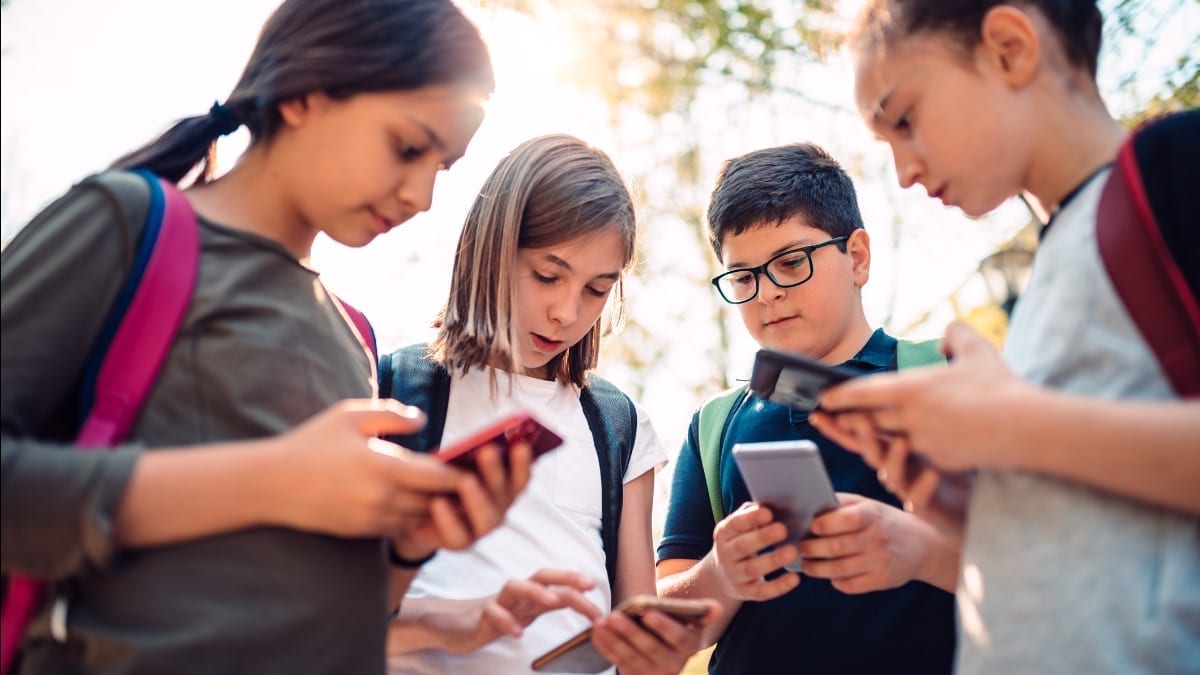A Closer Look: Assessing the Privacy Costs of School Safety Proposals
In an effort to prevent school violence, a number of communities and educators are exploring new policies and technologies that are intended to help identify and flag potential threats. However, each of these efforts has serious and lasting implications on student privacy and data security. To help raise awareness of the challenges and opportunities presented by these school safety policies, the Future of Privacy Forum (FPF) has developed a weekly brief that will offer a closer look at a few of the most prevalent technologies along with useful resources and articles to further inform readers.
Issue Brief: Social Monitoring
Across the country, schools are exploring tools that monitor students’ social media activity in an effort to identify “warning signs” or potential threats. In fact, the Brennan Center for Justice reports a tenfold increase in the number of districts purchasing social media monitoring technology tools from 2013 to 2018.
Some stakeholders believe that the potential benefits of social media monitoring tools outweigh any privacy risks, particularly since social media posts are considered public information. But others have raised concerns about a host of privacy, equity, and civil liberty issues. According to the New York Times, “There is little evidence the companies have helped ferret out brewing threats of violence, bullying or self-harm.”
For example, social media posts are easily taken out of context, as was the case for an Alabama high schooler whose inside joke led to serious trouble. Similarly, photos don’t always paint a clear picture – just ask a Connecticut student who found himself in the center of controversy for a Snapchat photo of a toy gun. Additionally, emerging trends indicate social media monitoring tools disproportionately flag students of color as potential threats, leading to unwarranted expulsions and suspensions. The Brennan Center noted in a Washington Post op-ed noted that, unfortunately, “[a]n algorithm trawling the Web for people who like violent video games or firearms would be swamped with far more hits than any law enforcement agency or school administrator could conceivably review.”
Educators and policymakers must recognize that supporting enhanced school safety requires a more holistic strategy. We all want to keep children safe, and privacy is a key part of school safety programs. Schools should be trusted places where students can learn, grow, and make mistakes. No one wants students’ mistakes or misunderstandings to follow them around for their whole lives. Students deserve evidence-based policies to keep them safe at school – and unfortunately, social media monitoring does not have evidence behind it.
What They’re Saying: News and Research
- The New York Times: Could Monitoring Students on Social Media Stop the Next School Shooting?
- Washington Post: Monitoring Kids’ Social Media Accounts Won’t Prevent the Next School Shooting
- The 74: A Toy Gun, a Snapchat Post, and an Arrest
- The 74: As Schools Comb Social Media for Potential Threats, Has Mass Shooting Anxiety Turned Administrators Into the ‘Internet Police’?
- ACLU: Student Surveillance Versus Gun Control: The School Safety Discussion We Aren’t Having
- Brennan Center for Justice: School Surveillance Zone
- Emory Law Journal: Student Surveillance, Racial Inequalities, and Implicit Racial Bias
- The National Association of State Boards of Education: School Surveillance: The Consequences for Equity and Privacy
- The Center for Democracy & Technology: Mixed Messages? The Limits of Automated Social Media Content Analysis
- RAND Corporation: The Role of Technology in Improving K–12 School Safety
FPF Resources
- School Safety & Privacy: An Animated Introduction
This short video explores some technologies that schools use or are considering, privacy harms that can result from surveillance, and basic steps to help districts safeguard students’ privacy. - Principles for School Safety, Privacy, and Equity
Written by 40 education, privacy, disability rights, and civil rights organizations, these principals are designed to protect students’ privacy, dignity, and right to an equal education. - Letter to Florida Governor Desantis
In July, FPF joined 32 other education, disability rights, privacy and civil rights organizations in urging Florida Governor Ron Desantis to halt implementation of the state’s school safety database. - Ensuring School Safety While Also Protecting Privacy
This blog post highlights key recommendations from FPF’s testimony before the Federal Commission on Student Safety.


